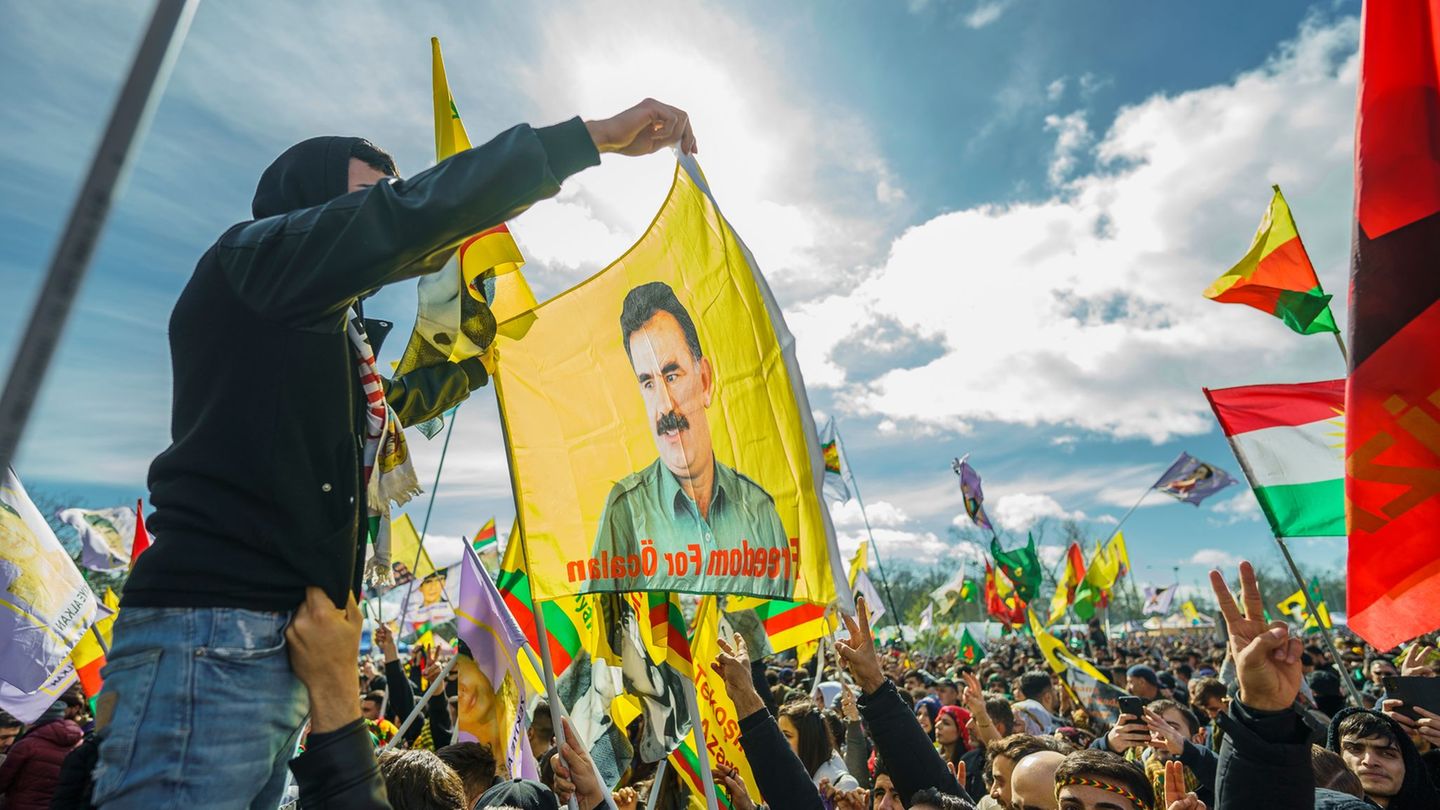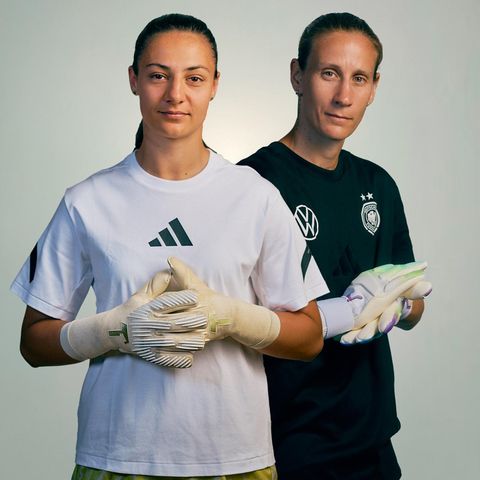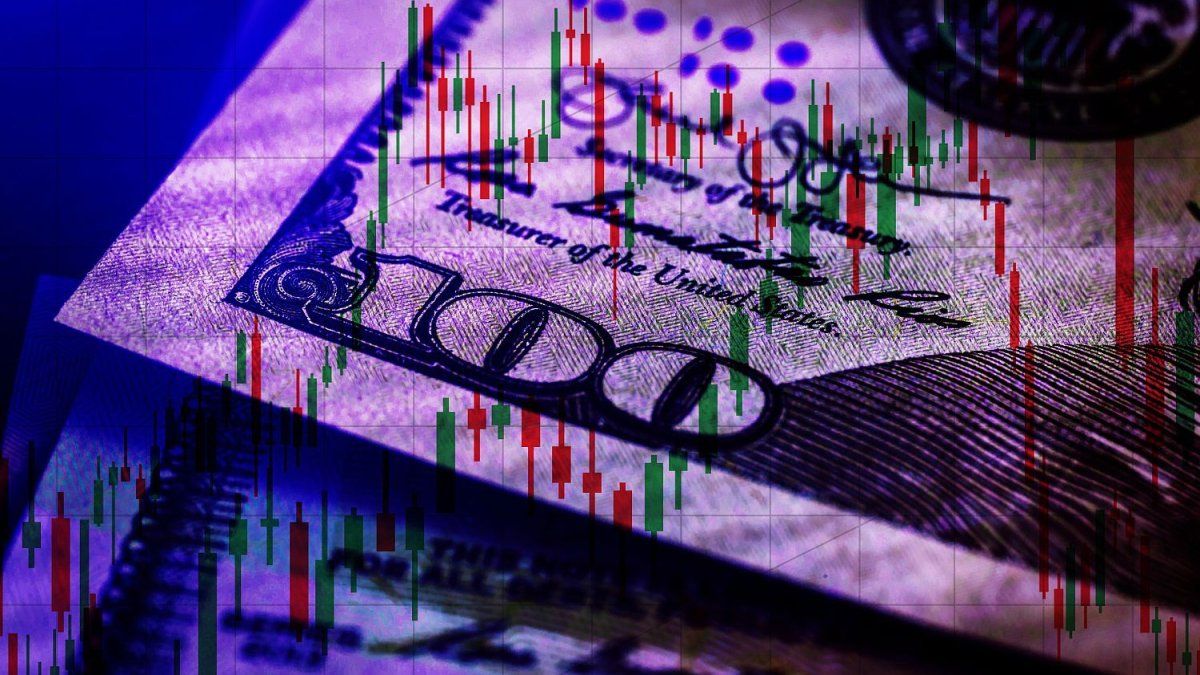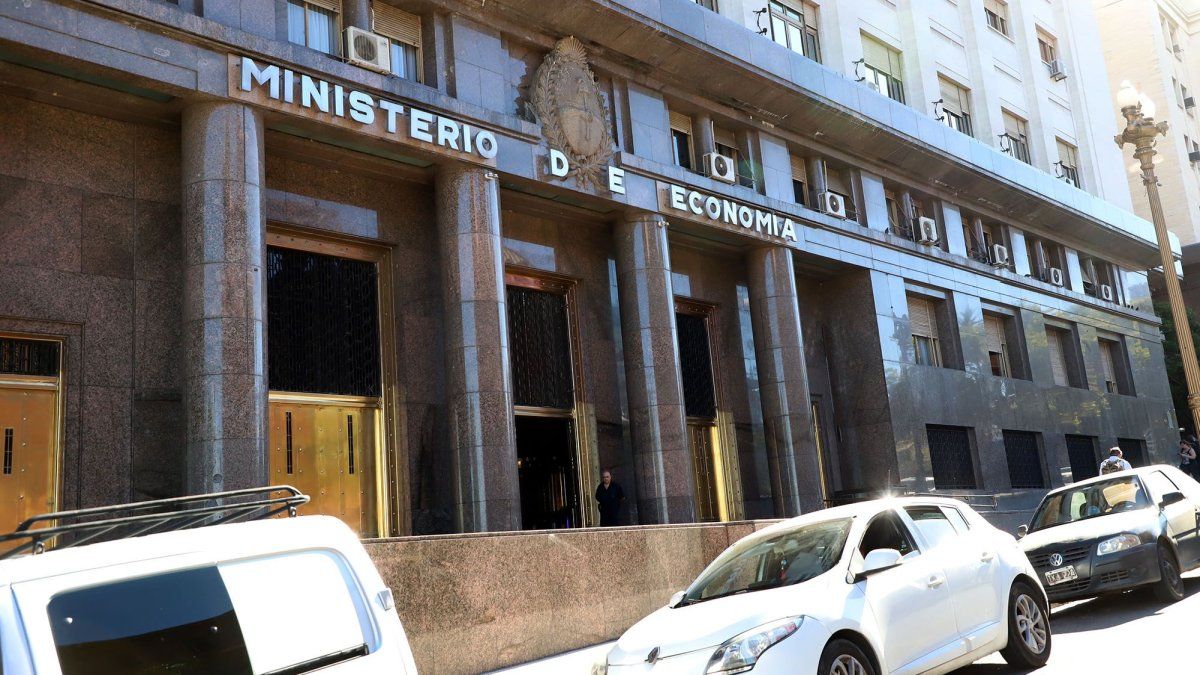Kurds
Conflict with Turkey: PKK announces resolution
Copy the current link
Add to the memorial list
Tens of thousands of people fell victim to the conflict between Turkey and the PKK. Now she announces her resolution. This gives observers hope – but there is also reason to worry.
After a decades of bloody, bloody conflict with the Turkish state, the banned Kurdish workers’ party PKK has announced its resolution. It was decided to dissolve the organizational structure of the PKK and to end the method of armed struggle, wrote the PKK-related news agency. This process should be directed by the founder of the organization, which Abdullah Öcalan, arrested on the Turkish prison island of Imrali.
The party of President Recep Tayyip Erdogan (AKP) carefully responded to the decision: “If the new PKK decision is fully implemented and all PKK sub-organizations and illegal structures are closed, this will be a turning point,” said party spokesman Ömer Celik, according to the Anadolu news agency.
The PKK was founded in 1978 by Öcalan in Turkey – mainly in response to the political, social and cultural oppression of the Kurds in the country. Since the 1980s, she has been fighting arms and attacks for a Kurdish state or an autonomy area in the southeast of Türkiye. In the meantime, the PKK has moved away from the demand of an independent state. The PKK is classified as a terrorist organization in Turkey, the EU and the USA.
Reaction to Öcalans call
The PKK is now reacting to Öcalan’s call, which has been detained in Turkey since 1999. In February he asked the organization to put down the weapons and dissolve.
Central questions are now how this process will work, who supervises the disarmament and what will happen to the fighters of the organization. According to ANF, the association calls for legal guarantees to secure the process. The PKK had previously linked its dissolution to the fact that Öcalan was “able to live and work under free conditions”. So far nothing is known. Erdogan had also strictly rejected an release.
Regional effects of the resolution
An end to the PKK should have an impact beyond Turkey: the PKK has its headquarters in the Iraqi Kandilbergen and is also present in Syria and Europe. It is still uncertain whether all groups within the PKK will follow the decision.
In the past, Turkey had called for, for example, that a resolution must also include the Syrian Kurdish militia YPG. Ankara sees this as an offshoot of the PKK. However, the YPG had recently agreed with the new Syrian government to be completely integrated into the country’s armed forces – a step that Ankara’s previous claim could take obsolete.
The prospect of a dissolution of the PKK had the hope of a solution to the Kurdish conflict, more rights for Kurds in Turkey and, above all, an end to the fights. According to the Denkfabrik International Crisis Group, around 40,000 people have so far been killed in the context of the conflict over the decades.
Most recently, a ceasefire was proclaimed in 2013, but the peace process then failed in summer 2015. The Turkish military regularly occurs against the PKK in Turkey, Iraq and Syria.
Öcalans calls for an initiative of the Ultranationalist government partner of Erdogan, the MHP party. Her boss Devlet Bahceli, previously the opponent of reconciliation with the PKK, had brought Öcalans into play in October if the PKK put down and dissolve its weapons.
Does Erdogan also play a role in third term?
Experts see several reasons for this. On the one hand, the PKK in Iraq was weakened by the Turkish attacks. In the Kurdish population, too, the demand for the end of the fights is growing. In addition, the Gaza War, the weakening of Iran and the overthrow in Syria in the region emerged – both Kurds and Turkey wanted to design this.
Erdogan’s amended constitutional amendment should also play a not insignificant role in order to be able to run again as president. For this he needs, for example, the voices of the Percurdish Party.
dpa
Source: Stern
I have been working in the news industry for over 6 years, first as a reporter and now as an editor. I have covered politics extensively, and my work has appeared in major newspapers and online news outlets around the world. In addition to my writing, I also contribute regularly to 24 Hours World.




